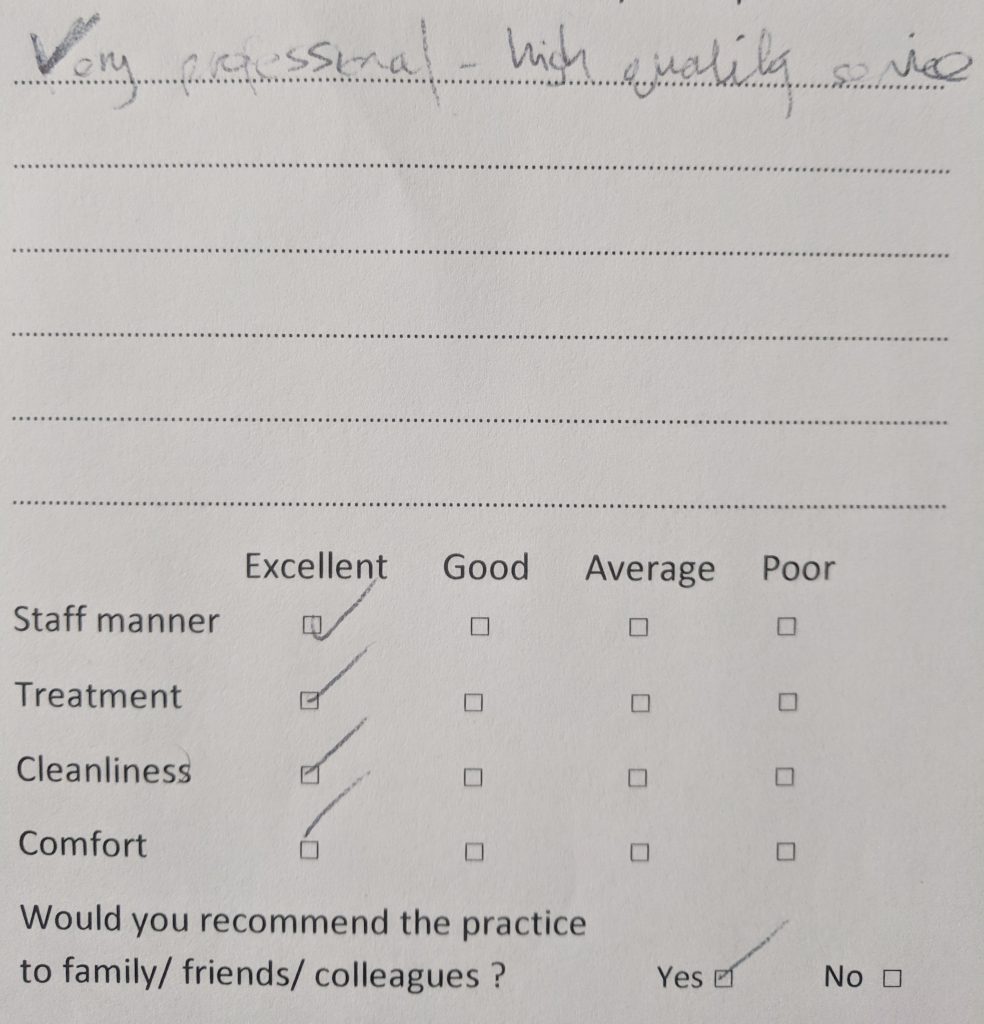“ Made to feel very comfortable and friendly helpful staff. ”
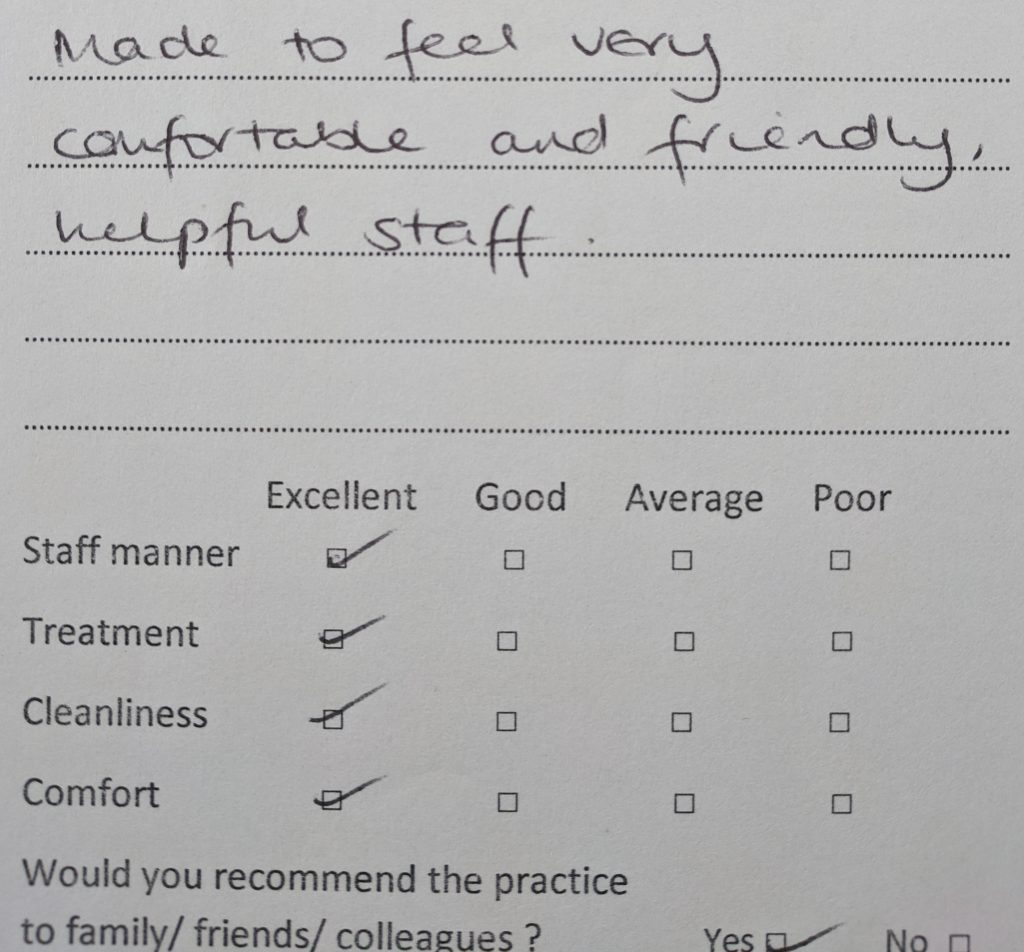

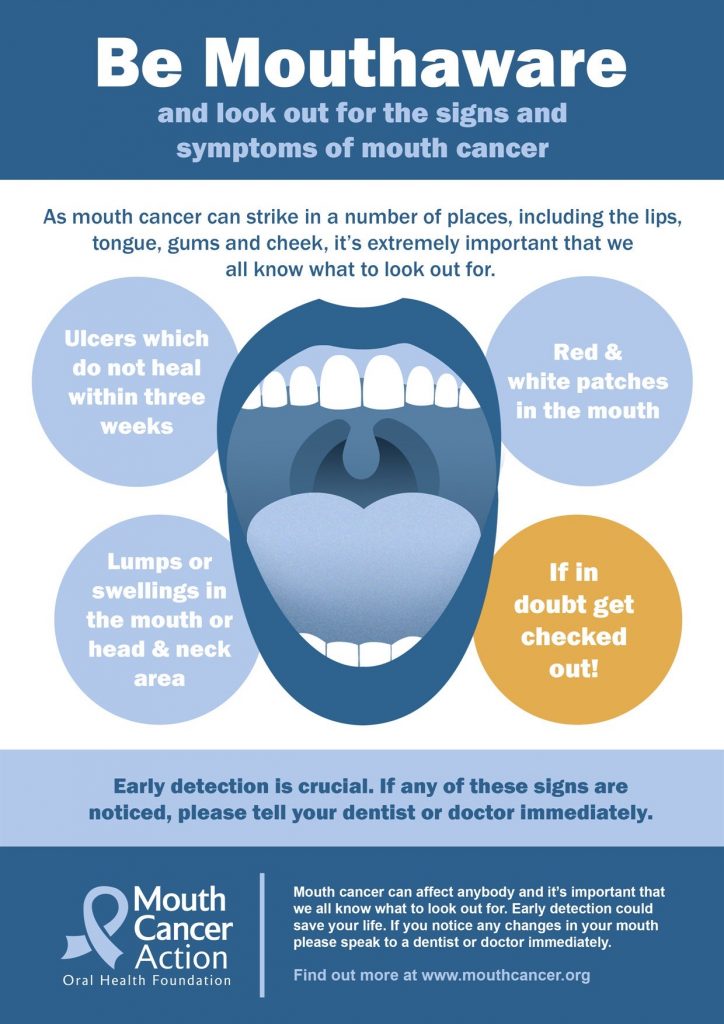

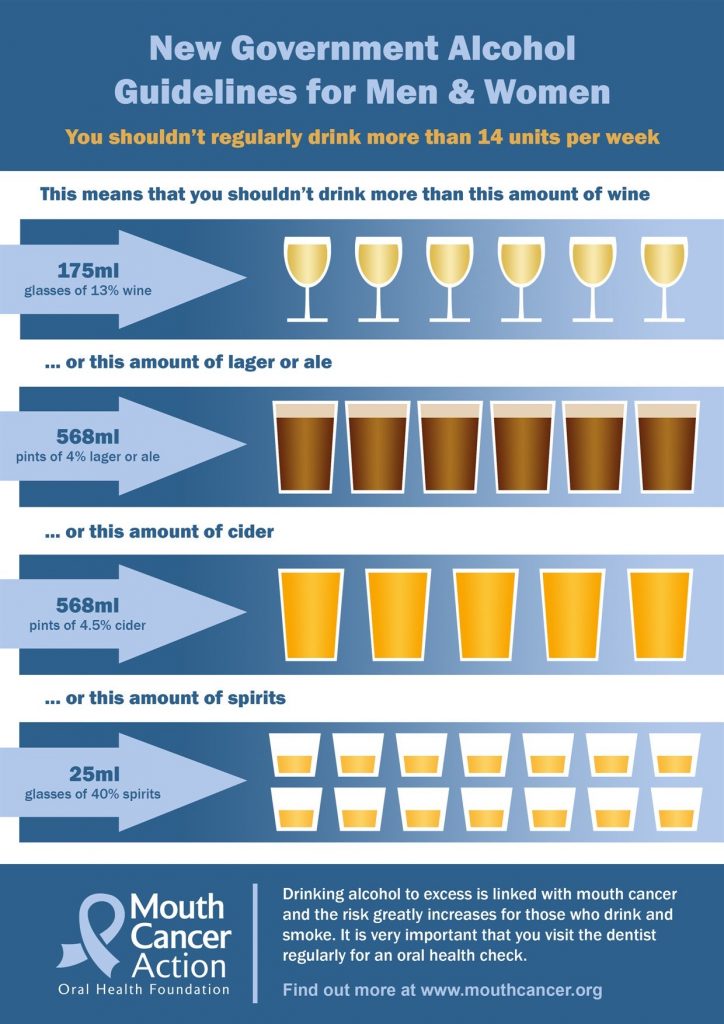
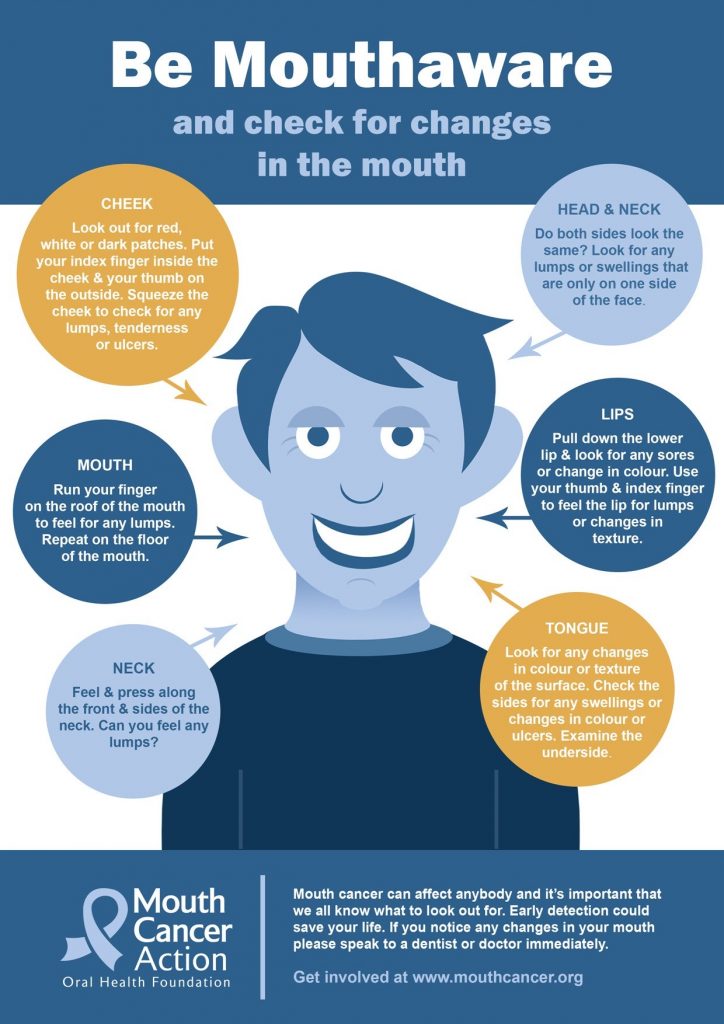
Often there are obvious signs of tooth wear, such as chipped teeth and changes in the tooth shape, or teeth appear yellower or darker in colour. There may be sensitivity to hot,cold or sweet. However sometimes the signs are not so obvious. These can be translucency or thinning of the edge of the front teeth, small dips in the biting surface of back teeth, or notches on the teeth near the gum line. Any of these signs indicate the protective outer enamel layer of the teeth has been damaged. Once the enamel has worn away it does not grow back.
There are 3 main types of tooth wear – Erosion, Abrasion and Attrition. The outer hard enamel layer is worn away, and can lead to exposure of the inner softer dentine layer.
Erosion, sometimes known as Acid Wear, is commonly caused by acidic foods or drinks we consume in our diets, that dissolve away the tooth structure. A snacking culture along with demand of fresh fruit and juices/smoothies may have contributed to the increase in erosive tooth wear in recent times.
In certain patients, acid reflux may also be a cause.
Abrasion is caused by an object rubbed against the tooth surface, such as a toothbrush when brushing too hard, or an abrasive toothpaste.
Attrition occurs where teeth rub against each other such as a habit of grinding or clenching teeth.
During your dental check up with us, we check for tooth wear and advise accordingly. Treatments may vary from a prevention approach, to applying white fillings to protect damaged teeth from further damage. Once the outer enamel layer has worn away the inner dentine layer wears away at a quicker rate because it’s softer than the enamel. White fillings are a comfortable and conservative treatment option which allows placement of a protective covering whilst avoiding drilling the tooth. The white filling bonds to the underlying tooth structure. With white fillings starting from approximately £100 per tooth, they are a cost effective way to protect teeth from further damage and have the added benefit of improving your smile.
Custom made mouthguards are another cost effective treatment for protecting teeth from tooth wear. They are useful in situations where teeth have been worn due to a habit of grinding or clenching teeth, often known as Bruxism. At dentael, we provide custom made mouthguards at the affordable price from £95.
There are some homecare prevention methods you may use to help reduce your risks to tooth wear.

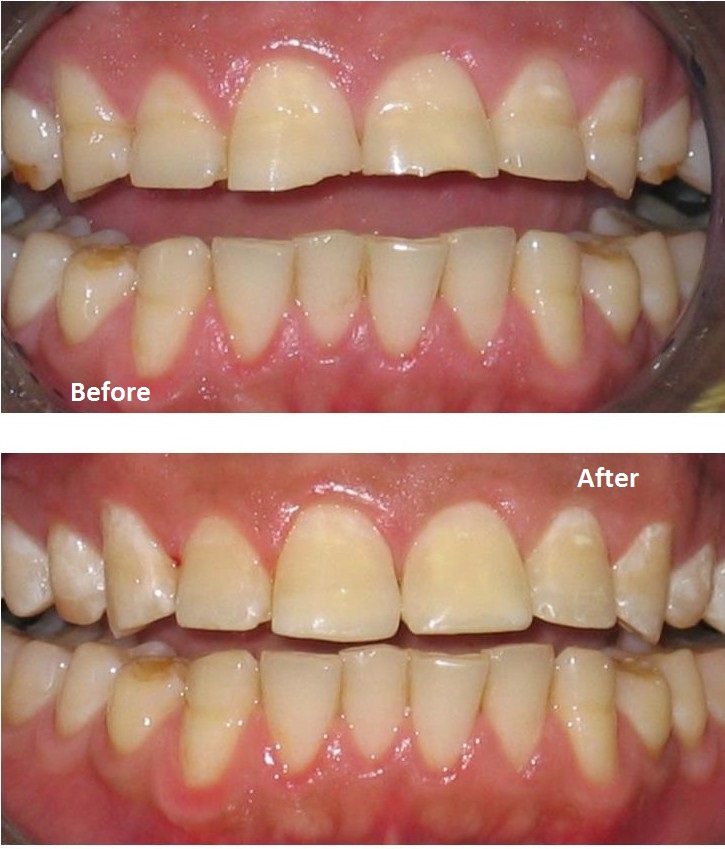
To book your appointment and find out how we can help protect your teeth and improve your smile … please call 020 8997 0006 or submit online appointment request form.

As your local dentist we’re here to help you with your dental concerns. Teeth may be sensitive for a number of different reasons. Teeth are often sensitive when dentine is exposed.
Dentine is the layer of tooth structure under the outer enamel layer. It has channels(tubules) that go to the inner nerve part of the tooth.
Dentine is often exposed near the gum line, when the gums pull away from the teeth or when gum tissue is lost. Dentine can also become exposed if the outer enamel layer on teeth wears away.
Below are some factors that can contribute to sensitive teeth :
To book your appointment with our friendly dentist … please call 020 8997 0006 or submit online appointment request form.
